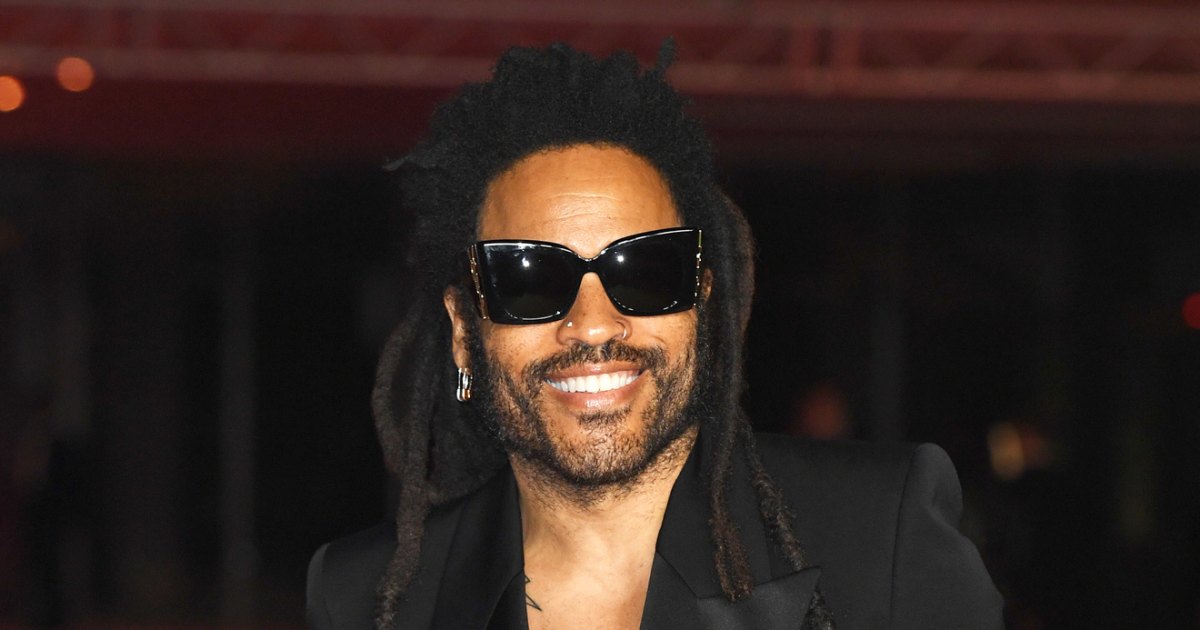WASHINGTON, Sept. 11 (Reuters) – The fact sheet issued by the White House during President Joe Biden’s visit to Vietnam exceeds more than 2,600 words. The section on human rights contains only 112 words, including a subtitle.
From a trade and strategic perspective, Biden’s visit to Vietnam on Sunday and Monday, as well as to India late last week, will likely be seen as strengthening ties with countries that can help Washington counter China’s growing power.
But for human rights advocates, Biden’s travels have been disappointing, given his administration’s pledge to prioritize human rights when he takes office in 2021.
In Hanoi, Biden said the United States was elevating relations to a “comprehensive strategic partnership” and deepening cooperation in cloud computing, semiconductors and artificial intelligence. The White House also revealed Vietnam Airlines’ purchase of 50 Boeing 737 MAX aircraft worth $7.8 billion.
Human rights advocates fear that a lack of focus on human rights, while unexpected, will not only fail to improve conditions in Vietnam and India, but may worsen them elsewhere.
“The Biden administration is clearly sidelining human rights in favor of strengthening partnerships with governments it deems strategically important — sending a message that the United States is willing to tolerate glaring failures to protect and uphold human rights,” said Carolyn Nash, a human rights advocate in Asia. Director at Amnesty International.
Rights groups accuse the ruling Bharatiya Janata Party, led by Indian Prime Minister Narendra Modi, of systematic discrimination against minorities, especially Muslims, and its supporters of launching violent attacks against targeted groups.
Human Rights Watch (Human Rights Watch) says. The government’s Hindu majority ideology is reflected in bias in the judicial system, and authorities have intensified efforts to silence activists and journalists through politically motivated charges.
Human Rights Watch said on Saturday that Vietnam is holding at least 159 political prisoners – people imprisoned for peacefully exercising their basic civil and political rights – and that at least 22 others are being held awaiting final trial before a court controlled by the ruling Communist Party.
In the first eight months of 2023 alone, courts sentenced at least 15 people to long prison terms in violation of their rights to a fair trial, Human Rights Watch said.
Journalists asked Biden in Vietnam whether he was putting US strategic interests above rights, and they replied: “I’ve raised this (human rights) with everyone I’ve met.”
But Nash and John Sifton of Human Rights Watch said that talking in private is not enough.
“It is very difficult to improve relations with governments that violate human rights while at the same time effectively advocating for human rights issues,” Sifton said.
He said governments need to know that there will be consequences for violations “if not sticks, then wasted carrots.”
“This is especially true in Vietnam, where the government does not particularly care about its reputation internationally regarding rights,” Sifton said, adding that it was necessary to publicly criticize Modi’s rights record because that was the most effective way to advance it. To change.
Modi denied discrimination against minorities under his government during a press conference with Biden in June. The Vietnamese government also denies committing human rights violations.
Processing rights “individually”
Biden did not raise human rights issues publicly while in India, although he said at a news conference in Hanoi that he had raised the importance of respecting human rights and freedom of the press in his talks with Modi.
In India, the White House also avoided any public outcry over restrictions imposed by the Indian government on reporters covering Modi’s meeting with Biden, which saw American journalists detained in a truck while the leaders spoke.
Kurt Campbell, the US coordinator for the Indo-Pacific region, declined to address the issue of press access in a press conference with reporters, saying that Biden prefers to address such topics in private.
Campbell said that while India “remains a work in progress” on rights, “the key here for us is to maintain a respectful dialogue and approach some of the challenges with a degree of humility in light of some of the challenges we face in our country.”
The White House Hanoi Statement of facts He said the two sides made an “enhanced commitment to meaningful dialogue” in the US-Vietnam human rights dialogue.
Murray Hebert of the Washington Center for Strategic and International Studies said that some American officials view this annual dialogue as a non-substantive exchange of talking points. He also noted that when Vietnamese Communist Party chief Nguyen Phu Trong held his key meeting with Biden, the Vietnamese official closest to him to his left was Thu Lam, the powerful state security minister in charge of suppressing dissidents.
Derek Grossman, a regional expert at the RAND Corporation, said that Biden’s primary goal in wooing India and Vietnam is to convince them of the American strategy in the Indo-Pacific region to confront China.
“As such, the Biden administration has tended to downplay or avoid human rights discussions,” he said. Doing so would certainly encourage these countries and others, such as Saudi Arabia, to continue business as usual.
(Reporting by David Brunnstrom and Humeyra Pamuk; Preparing by Mohammed for the Arabic Bulletin) Editing by Don Durfee and Josie Cow
Our standards: Thomson Reuters Trust Principles.

“Unapologetic tv specialist. Hardcore zombie trailblazer. Infuriatingly humble problem solver.”





/cloudfront-us-east-2.images.arcpublishing.com/reuters/YYWZECVXBNIALJHCXADIXY3N24.jpg)
More Stories
UK local elections: Labor flips seats it hasn’t held in decades
The European Court upholds Italy's right to confiscate precious Greek bronze from the Getty Museum, and rejects the appeal
Brazil floods: People stranded on rooftops in Rio Grande do Sul